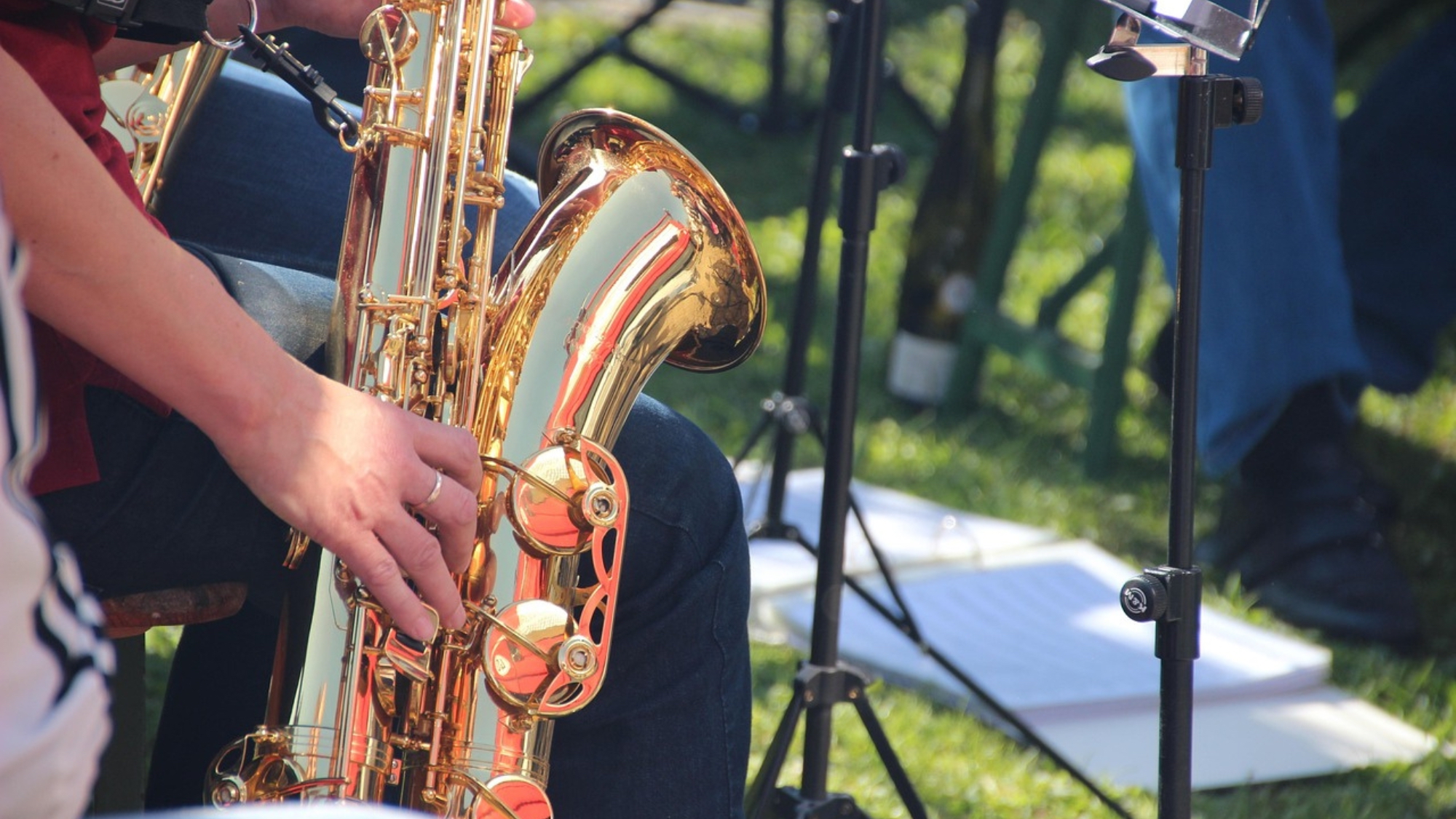New teachers come out of college with high ideals and great expectations and all too often don’t think about the nitty-gritty, commonplace situations band directors will face. Following are a few tips I’ve discovered, stolen and formulated over many years of teaching.
Rehearsal Tips
- Try the Suzuki approach to rhythm. Students remember catchy phrases more rapidly than number patterns. In the early stages of playing, the bottom line for us is that they are able to look at a rhythm and play it. Academic understanding will come later.
- Refrain from constantly counting off to start the group. They never have to watch you if you do. I teach beginners the beat patterns and how to follow them.
- Likewise, teach students who play solos or in ensembles to start by taking a big, preparatory breath instead of counting off. The band (or ensemble) that breathes together releases together.
- Even in rehearsal be a good conductor. Remember the group usually plays like the conductor conducts.
- Do non-verbal reminders for posture, embouchure, hand position, nose breathers, etc.
- Teach that any longer than a quarter note should crescendo or decrescendo. You can develop nuance from this premise.
- Teach students to “pyramid” the sound:
- Teach the concept of holding note values to the rest.
- Use proper terminology instead of slang (ie. fermata instead of bird’s eye and caesura for pause).
- I teach my students to always check the “big 4” before beginning to play: (1) key signature, (2) time signature, (3) dynamic markings, (4) tempo markings.
- Develop a system of sightreading and rehearse it. Have the students peruse the music for key changes, repeats, etc. as they usually have only one page and the score has multiple pages.
- One of the best ways to teach is to demonstrate by playing your own instrument for the group.
- Be sure you are listening with your ears and not with your eyes or in your head.
- Get off the podium and rehearse from within the band fairly regularly. Refrain from berating students for not learning—perhaps you didn’t teach them.
- Your college band director probably started with phrasing, intonation and interpretation. We must start with notes and rhythms.
- Put the entire rehearsal plan on the chalkboard every day. Vary the plan, but work to go through the warm-up non-verbally.
- I use a technique book every day. It’s the “vegetables” of the rehearsal. They don’t like it, but it’s very good for them.
- About one-fourth of my rehearsal is spent on basics which makes the learning of the music go faster.
- One must dissect the music and put it back together. I often rehearse from the end. We so often start at the beginning and the end of the piece reflects that. So I do the last 8 bars, the last 16 band so forth.
- As I adjudicate around my state, I find phrasing a real concern. My students must mark the places to breathe and I rehearse until they observe the marks. They have the following phrase memorized: A musical phrase is like a sentence. There are only certain places you can breathe and have it make sense.
- Score study must go on to have a successful rehearsal. As you study you must learn to anticipate problem spots such as key changes, intonation between instruments, possible balance problems and alternate fingerings for easier technic.
- Don’t be afraid to edit the score to “beef up” weak spots or instrumentation deficiencies. Unfortunately, many selections have mistakes. If you repeatedly tell students to play a certain thing and they don’t do it, check for mistakes.
Vol. 2, #4, p.10 (March-April 1997)






